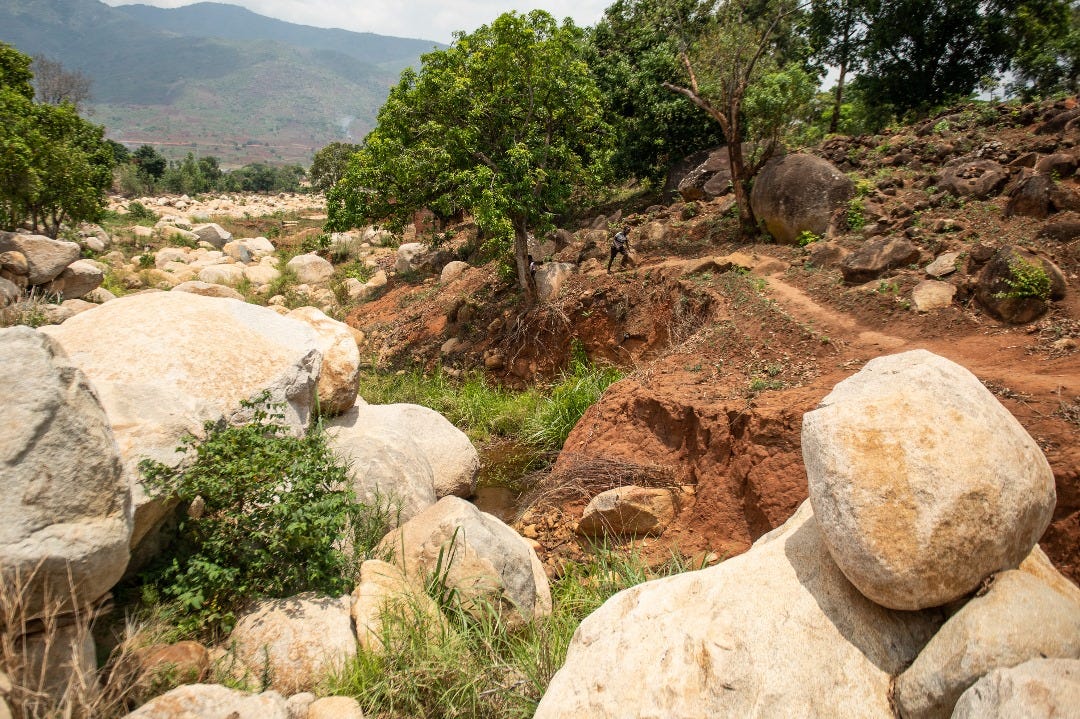Climate Finance Deal Hangs in Balance at COP29 Talks
Negotiators have just days remaining to resolve outstanding divisions and establish a finance target that could significantly impact global climate action strategies.
BAKU, Azerbaijan— Negotiations for a critical global climate finance agreement are entering their final stages, with drafters struggling to establish a definitive funding target to support developing countries' climate action, writes Winston Mwale.
The New Collective Quantified Goal (NCQG), set to take effect in 2026, aims to substantially increase climate financing beyond the current $100 billion annual target established in 2009.
Stephen Cornelius, WWF's Deputy Global Climate and Energy Lead, emphasized the urgency of the negotiations.
"We simply can't afford to get this wrong," Cornelius said.
"Without adequate finance for climate solutions, we won't be able to prevent catastrophic climate impacts."
The World Wildlife Fund's proposal includes a detailed breakdown: $300 billion for mitigation, $300 billion for adaptation, and $400 billion for loss and damage, predominantly in grant-based funding.
The UNFCCC Standing Committee on Finance estimates developing countries' climate-related financial needs total between $5.0 and $6.8 trillion by 2030, highlighting the massive funding gap.
WWF advocates for innovative financing mechanisms, including potential taxes on ultra-wealthy individuals, fossil fuel company profits, and international financial transactions to help meet the ambitious target.
Negotiations continue with just days remaining to resolve outstanding divisions and establish a finance target that could significantly impact global climate action strategies.




